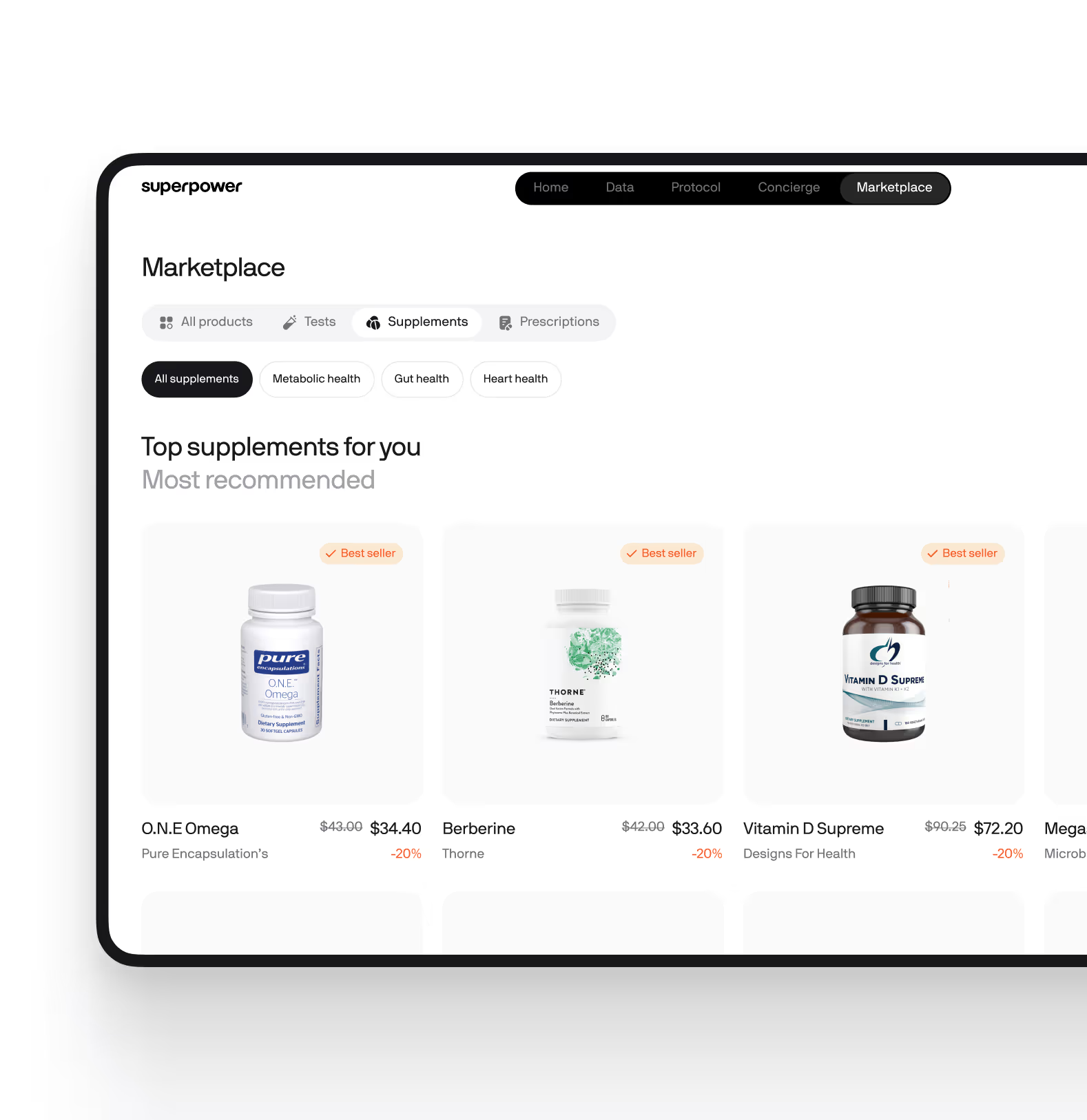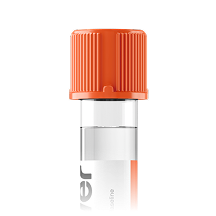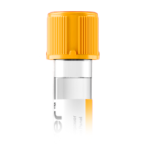Key Benefits
- Measure estradiol and testosterone to assess testicular function in testicular cancer.
- Spot hormone imbalances from tumors or treatment that cause gynecomastia, fatigue, low libido.
- Clarify causes of breast tenderness, mood changes, or sexual dysfunction during care.
- Guide need for testosterone therapy or estrogen-blocking medicines after surgery or chemotherapy.
- Protect fertility by flagging hormone patterns that impair sperm production and quality.
- Track recovery of natural testosterone after orchiectomy, radiation, or chemotherapy.
- Protect long-term health by identifying low testosterone linked to bone and metabolic risks.
- helps assess interpreted with AFP, beta-hCG, LDH, LH, FSH, and symptoms.
What are Testicular Cancer biomarkers?
Blood tests for testicular cancer look for telltale proteins and enzymes that tumors release into the bloodstream. These markers function as real-time signals of tumor activity, helping may support clinical assessment of the diagnosis alongside other diagnostic markers, estimate how much cancer is present, guide treatment choices, and monitor response or relapse over time. The key markers are alpha-fetoprotein (AFP), a fetal protein produced by certain germ cell tumor cells; human chorionic gonadotropin (hCG), a hormone made by tumor cells that mimic placental tissue; and lactate dehydrogenase (LDH), an enzyme that rises with rapid cell turnover and tumor burden. Because these substances are made by the cancer itself—or by cells it imitates—shifts in their levels mirror what the tumor is doing inside the body: growing, quieting down with therapy, or returning. Biomarkers complement the physical exam and imaging, offering a quick, repeatable window into tumor biology between scans. In short, testicular cancer biomarkers provide a practical, biologically grounded readout that helps personalize care.
Why is blood testing for Testicular Cancer important?
Blood tests for testicular cancer look for tumor markers that mirror what the tumor is doing and how the body is responding. Alpha‑fetoprotein (AFP), beta‑human chorionic gonadotropin (β‑hCG), and lactate dehydrogenase (LDH) signal tumor presence, growth rate, and tissue stress. At the same time, sex hormones like testosterone and estradiol reveal how the testes and pituitary–gonadal axis are functioning, which matters for energy, mood, fertility, bone, and metabolic health.In healthy males, AFP and β‑hCG are undetectable or very low, and LDH sits within the lab’s normal band. Adult male testosterone typically spans roughly 300–1000, with well‑being often helps assess in the middle to upper half. Estradiol in men is usually in the low tens, with optimal effects commonly in the low‑to‑mid portion of its range.When these values are low, undetectable AFP and β‑hCG suggest no active germ‑cell tumor or successful treatment. Low testosterone, often from testicular damage, surgery, or chemotherapy, reflects underactive Leydig cells and can bring fatigue, low libido, depressed mood, decreased muscle, anemia, and bone loss; low estradiol follows from low testosterone and can worsen bone and sexual symptoms. In adolescent boys, low testosterone can delay puberty and stunt growth.When values run high, elevated AFP or β‑hCG points to active tumor, helps distinguish subtypes (AFP is not produced by pure seminoma), and can flag recurrence earlier than imaging. High β‑hCG can drive breast tenderness or enlargement and suppress pituitary signals, lowering native testosterone; estradiol may rise via aromatization, amplifying these effects. LDH often tracks overall tumor burden.Big picture, these markers connect a testicular tumor to whole‑body physiology—cell turnover, endocrine balance, fertility, and bone–metabolic health—and, when trended over time, they sharpen diagnosis, staging, response assessment, and long‑term risk monitoring.
What insights will I get?
Testicular cancer blood testing provides insight into how the body’s reproductive and endocrine systems are functioning, which has ripple effects on energy, metabolism, muscle mass, mood, and fertility. At Superpower, we focus on two key hormones—estradiol and testosterone—because they are central to testicular health and can reveal important information about the presence or impact of testicular cancer.Estradiol and testosterone are both steroid hormones produced primarily in the testes. Testosterone is the main male sex hormone, essential for sperm production, muscle strength, bone density, and overall vitality. Estradiol, though present in may provide context amounts in men, is also produced in the testes and plays a role in bone health, brain function, and modulating the effects of testosterone. In the context of testicular cancer, abnormal levels of these hormones can signal disruption of normal testicular function, either from the tumor itself or as a result of treatment.Stable and healthy levels of estradiol and testosterone suggest that the testes are functioning well, supporting reproductive health, physical performance, and emotional stability. When these hormones are out of balance, it may indicate that the cancer is affecting hormone production, which can impact fertility, energy, and overall well-being.Interpretation of estradiol and testosterone levels must consider factors such as age, recent illness, medications, and the specific laboratory methods used. Hormone levels naturally fluctuate and can be influenced by non-cancerous conditions, so results are always interpreted in the context of the individual’s overall health and clinical picture.


.svg)








.avif)



.svg)





.svg)


.svg)


.svg)

.avif)
.svg)










.avif)
.avif)



.avif)







.png)